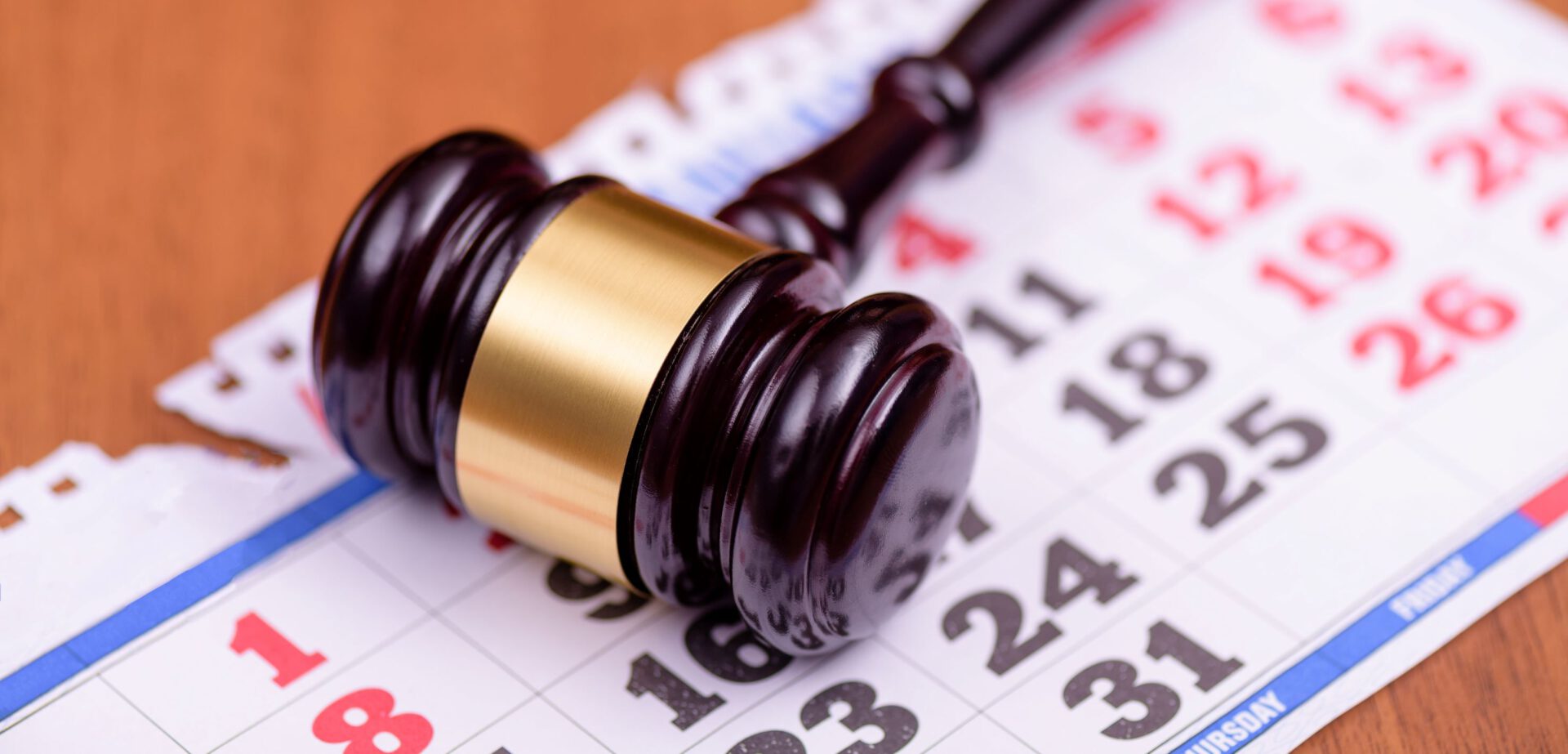By Insurance and Personal Injury Team
Hong Kong, 19 October 2021: Parties involved in long-running personal injury cases have been warned that the courts will no longer tolerate unacceptable delays that result in even straightforward claims taking years to resolve. In particular, the courts will be prepared to impose sanctions on costs against anyone who causes unnecessary – sometimes intentional – hold-ups in the legal process.
This toughening of attitude has been outlined by His Honour Judge Andrew Li, who is responsible for overseeing the processing of PI cases in the District Court. He has compiled a list of recommendations after presiding over what he termed a “simple traffic accident case” which took almost seven years from the date of the accident – and four years after the issue of proceedings – to reach a conclusion.
The judge has made it clear the court will take a dim view of future instances of non-compliance. “What the court is not prepared to do in a simple and straightforward PI claim in the District Court, which often involves a relatively modest amount of damages, is to let it run wild and go unchecked and let the parties dictate their own timetables by seeking repeated adjournments to the CLR [checklist review] hearings without any valid reasons or grounds at all.
“In future, in all District Court PI cases … the court will invariably ask the parties to provide detailed written explanations, within a specified time like seven days, as to the reason(s) of why any of the agreed or ordered directions or dates cannot be met; or if the case is not set down on time, or if either of the parties request for the adjournment of the CLR.”
This will become “standard direction” given by PI masters in the early stages of a case and adjournments and extensions will only be granted with good reason, says the judge, adding: “If a party fails to comply with the direction in providing the written explanations, appropriate orders including sanctions on costs, will be made against the defaulting party.”
The court will also make appropriate sanctions on costs for unexplained or unjustifiable delays in between adjourned CLR hearings, he warns. In certain cases, the court will request lawyers to show cause as to why the costs caused by the delays or non-compliance should not be borne by them personally and on an indemnity basis.
In the case before His Honour Judge Li – DCPI 2229/2017 [2021] HKDC 890 – the plaintiff was a minor who was a passenger in a vehicle driven by his mother. The court was told liability had been admitted at an early stage by the two defendants. The judge noted the parties reached an out-of-court settlement on 8 July this year, just four days before they were due to appear before the court for an assessment of damages hearing.
He remarked there had been “unexplained, unjustified and inordinate delays in the prosecution of this case on the part of the plaintiff”, adding that “the delays were mainly caused by the plaintiff’s solicitors in prosecuting the case”. He said the defendants were also responsible for some, but not the majority, of the hold-ups.
Just three days before handing down his decision in that matter, the judge heard another case – DCPI 1134/2019 – relating to a work accident in September 2016. The court was told the plaintiff, a carpenter, had sustained serious leg injuries when a trolley carrying planks overturned and fell on him at the warehouse of his employer, the defendant.
The judge noted there had been “some extraordinary delays caused by the inaction of the defendant”, including a request by the defendant’s solicitors just the previous day to vacate the hearing. He refused the application and ordered the parties to appear before him. He commented: “The way the defendant’s solicitors have handled this case is wholly unacceptable. It makes a complete mockery of the case management system in PI cases in the District Court.”
The judge ruled that all costs wasted by the plaintiff from November 2019 to July 2021 as a result of the inaction and non-compliance should be borne by the defendant. The defendant’s solicitors were also required to show cause as to why they should not bear those costs personally and on an indemnity basis. The wasted costs would be summarily assessed by the court and paid forthwith.
He also imposed a strict timetable for the defendant to follow with a warning that failure to comply would see the defence previously filed struck out and judgment on liability entered for the plaintiff with costs.
In summary, these two judgments send a strong message to both plaintiffs and defendants, as well as their solicitors, in personal injury actions to ensure proper conduct of their cases in line with the original aims of the underlying objectives of the Civil Justice Reform, which came into effect in April 2009.
If any advice or assistance is needed, please contact our Insurance & Personal Injuries Department:
Telephone: (+852) 3416 1711
Fax: (+852) 2529 5035
Email: teddy@boasecohencollins.com



